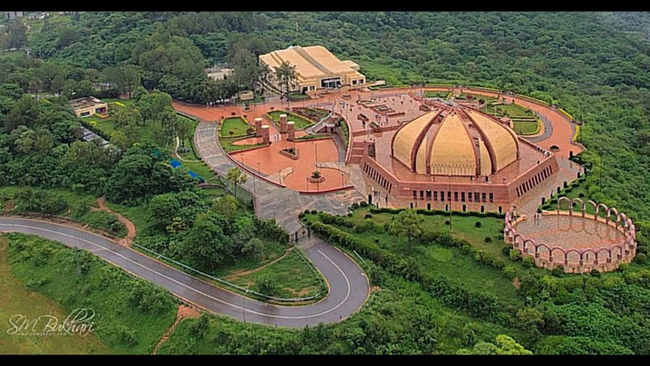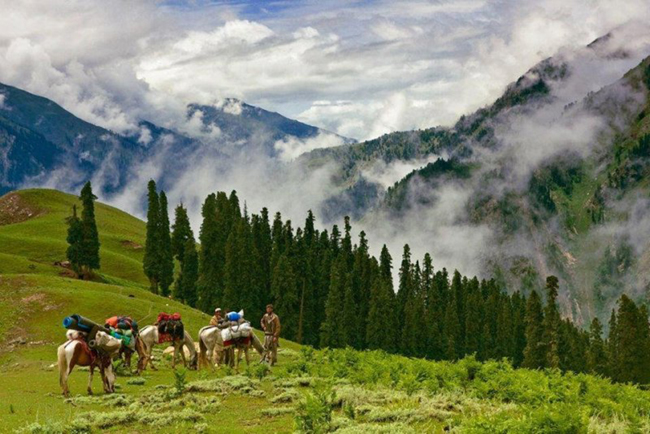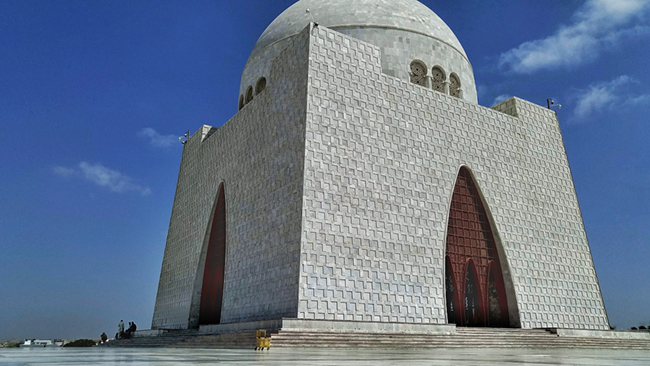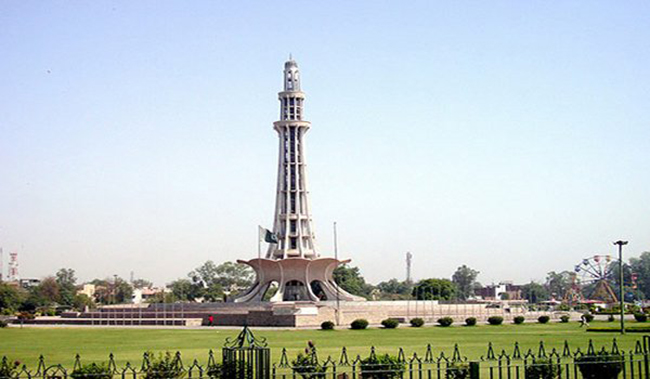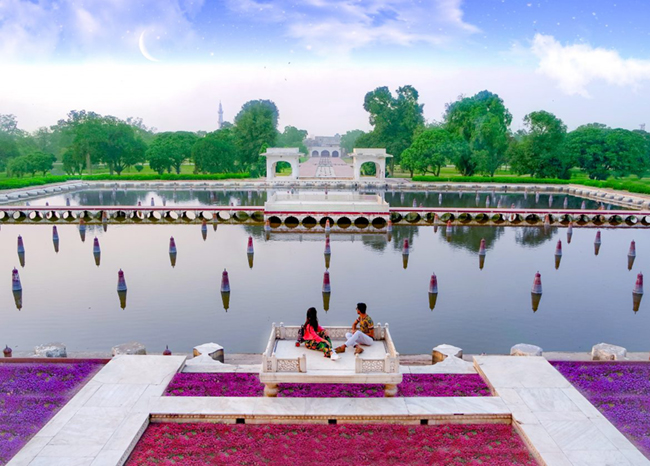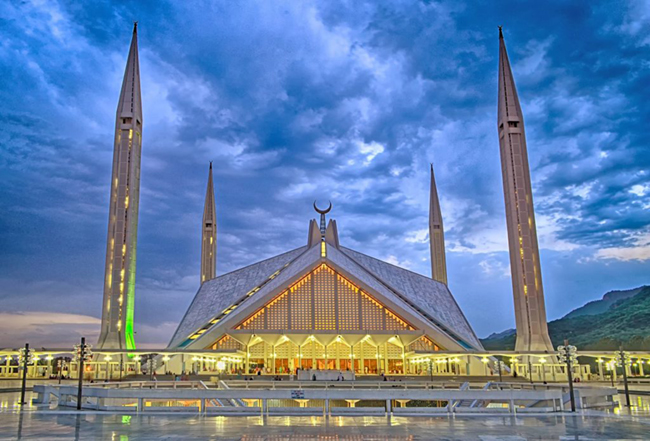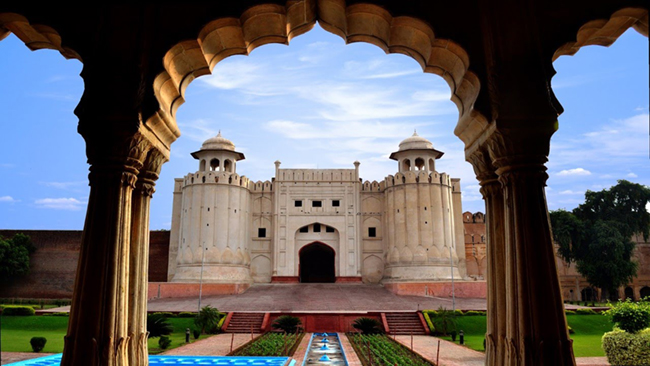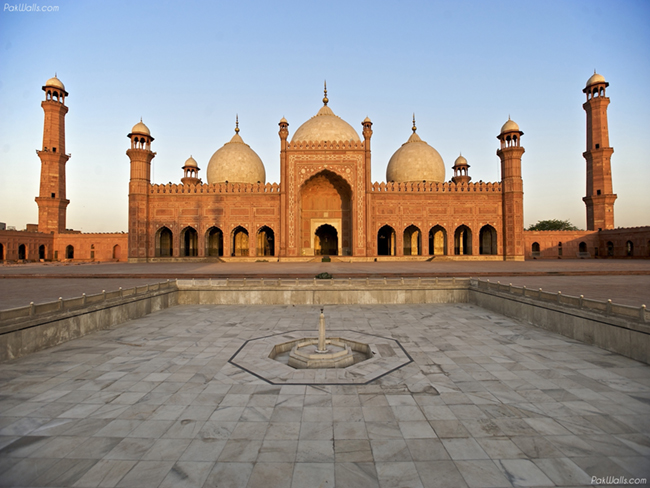(19 June 2017, Islamabad)
Hon. Mr. Shoaib Ahmad Siddiqui, Secretary of Federal Ministry for Planning, Development and Reform,
Dr. Zafar Iqbal Cheema, President & Executive Director of the Strategic Vision Institute,
Distinguished guests,
Ladies and gentlemen, dear friends,
Aslam Alegum and good afternoon to you all.
It is my pleasure to attend the inauguration of the China Studies Center of the Strategic Vision Institute and the Conference on the BRI (BRI) and China Pakistan Economic Corridor (CPEC). I would like to take this opportunity to extend warm congratulations from the Chinese Embassy to Dr. Zafar Iqbal Cheema for establishing China Studies Center. I would also like to express my appreciation for your personal efforts in organizing conferences on the BRI and CPEC.
Dear friends,
This is the right time to enhance China studies in Pakistan. China has become a powerful engine for the world economy, and an importance force for safeguarding the world peace and stability. China has become a focus of attention for the international community including Pakistan. I notice that more and more Pakistani friends want to know about China, its policies and future.
Moreover, China and Pakistan are now standing at the historic point for future development. Our relations has entered a golden stage since Chinese President Xi Jinping paid a historic state visit to Pakistan in 2015. Both leaders agreed to lift our bilateral relations to all-weather strategic cooperative partnership. China and Pakistan are also jointly promoting the construction of CPEC and working together for China Pakistan Community of Shared Future.
Under this background, the establishment of the SVI China Studies Center will have a strong realistic meaning for China Pakistan relations and cooperation. It will help Pakistani friends better understand China and its relations with Pakistan and even the whole world.
Dear friends,
China’s development is highly open and inclusive development in nature. It you look into the history of China’s development, you may find that it is thanks to the opening-up and reform policy that China has achieved such remarkable development. China’s development can be seen as a result of integrating China’s economy with the world economy.
China is willing to share its development opportunities with other countries while pursuing its own development. As Chinese President Xi Jinping once said, China’s development has benefited from the international community, and we are ready to provide more public goods to the international community.
One of the public goods that China provided is the BRI. The BRI is carrying the virtue of peaceful cooperation, openness and inclusiveness, mutual learning, mutual benefit and win-win spirit. This is the great spirit of Silk Road. Today, we are building the BRI under the principles of wide consultation, joint contribution and shared benefits so as to make this spirit shining again.
Dear friends,
The BRI has been widely welcomed by regional countries and the international community. As you may have noticed, one month ago, the Belt and Road Forum for International Cooperation was held successfully in Beijing. More than 1,500 distinguished guests from 130 countries and 70 international organizations, including 29 state or government leaders from all over the world gathered together and discussed cooperation on the Belt and Road construction under the theme of win-win cooperation. Prime Minister Nawaz Sharif and senior ministers of Pakistan also attended the BRF forum in Beijing and contributed significantly to the success of the BRF forum. To our pride, CPEC has been highlighted as the flagship projects of the BRI.
In his keynote speech, President Xi Jinping announced a series of measures or public goods to promote Belt and Road cooperation. For example, China will contribute an additional RMB 100 billion to the Silk Road Fund. The China Development Bank and the Export-Import Bank of China will set up special lending schemes respectively worth RMB 250 billion equivalent and RMB 130 billion equivalent to support Belt and Road cooperation on infrastructure, industrial capacity and financing. China will provide assistance worth RMB 60 billion to developing countries and international organizations participating in the BRI to launch more projects to improve people’s well-being. China will also train 5,000 foreign scientists, engineers and managers, and set up 50 joint laboratories.
President Xi also said that the BRI focuses on the Asian, European and African continents, but is also open to all other countries. All countries, from either Asia, Europe, Africa or the Americas, can be international cooperation partners of the BRI. The pursuit of this initiative is based on extensive consultation and its benefits will be shared by us all.
Dear friends,
As a pilot project of the BRI, CPEC has come into the stage of early harvest. CPEC is now one of the earliest, fastest and most effective projects among all projects under the BRI. Over the past 4 years, 19 early-harvest projects are either completed or under smooth construction, with a total contract amount of 18.5 billion USD. The Sahiwal Coal Power project is now ready for inauguration, which will add 1320 megawatt of electricity to the national grid of Pakistan. The Port Qasim Coal-fired plant will be completed within this year. In the first week of this May, China and Pakistan inaugurated an emergency medical center and a fishery processing plant for local people in Gwadar. The construction of the free zone in Gwadar is also moving forward. The CPEC long term plan will be finalized within this year, which will set the direction and focus area for CPEC construction in the future.
The CPEC construction is moving so fast that it could play an exemplary role for other BRI projects. There are multiple reasons behind the fast development of CPEC. CPEC has its inherent advantages, including good bilateral relations, geographical proximity and economic complementarity between China and Pakistan. We have translated these advantages into engines for CPEC construction. We also have good experiences in the CPEC construction which can be shared for the benefit of other BRI projects. These experiences are adhering to the principle of scientific planning and top-level design, adhering to the basic principle of mutual benefit and win-win cooperation, adhering to the principle that CPEC faces the whole country and benefits all Pakistani people and leveraging both on economic development and security.
Dear friends,
Think-tanks are for sure one of the most important contributors for BRI and CPEC construction with their intellectual advantage. During the BRF forum, one of 6 parallel sessions of the high-level dialogue was themed think-tank exchanges. It shows that intellectual support is an integral part of the Belt and Road cooperation. With these words, I would like to appreciate again the efforts of the SVI in establishing the China Studies Center and organizing the conference on the BRI and CPEC. I hope that the SVI China Studies Center will become a new platform for introducing China to Pakistani friends, a power bank for promoting CPEC construction and a new bridge of friendship between China and Pakistan. The Embassy will continue to support the SVI and the Center in the future.
May I wish the China Studies Center and the conference a full success. May I wish China-Pakistan friendship last forever.
Shukria!

